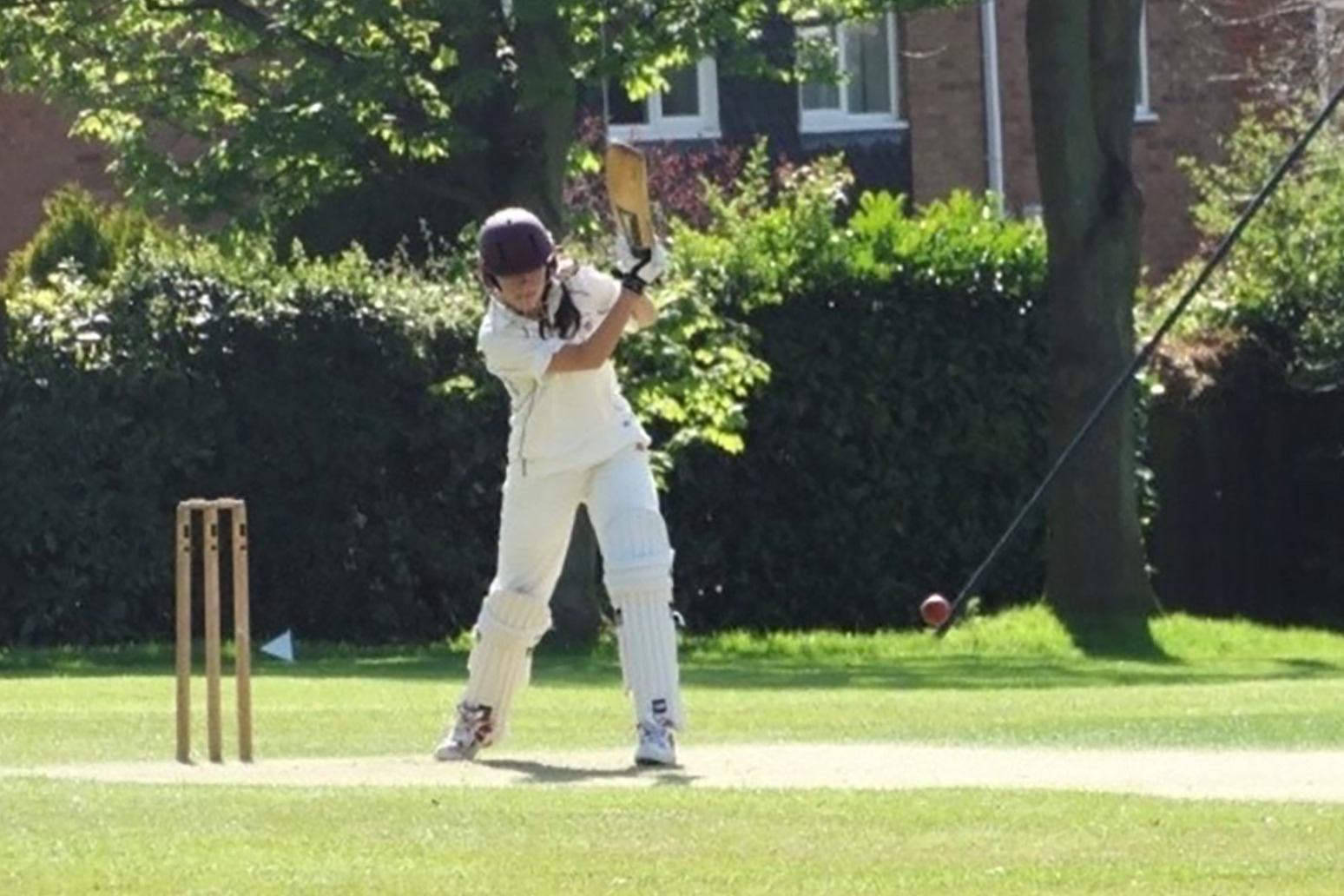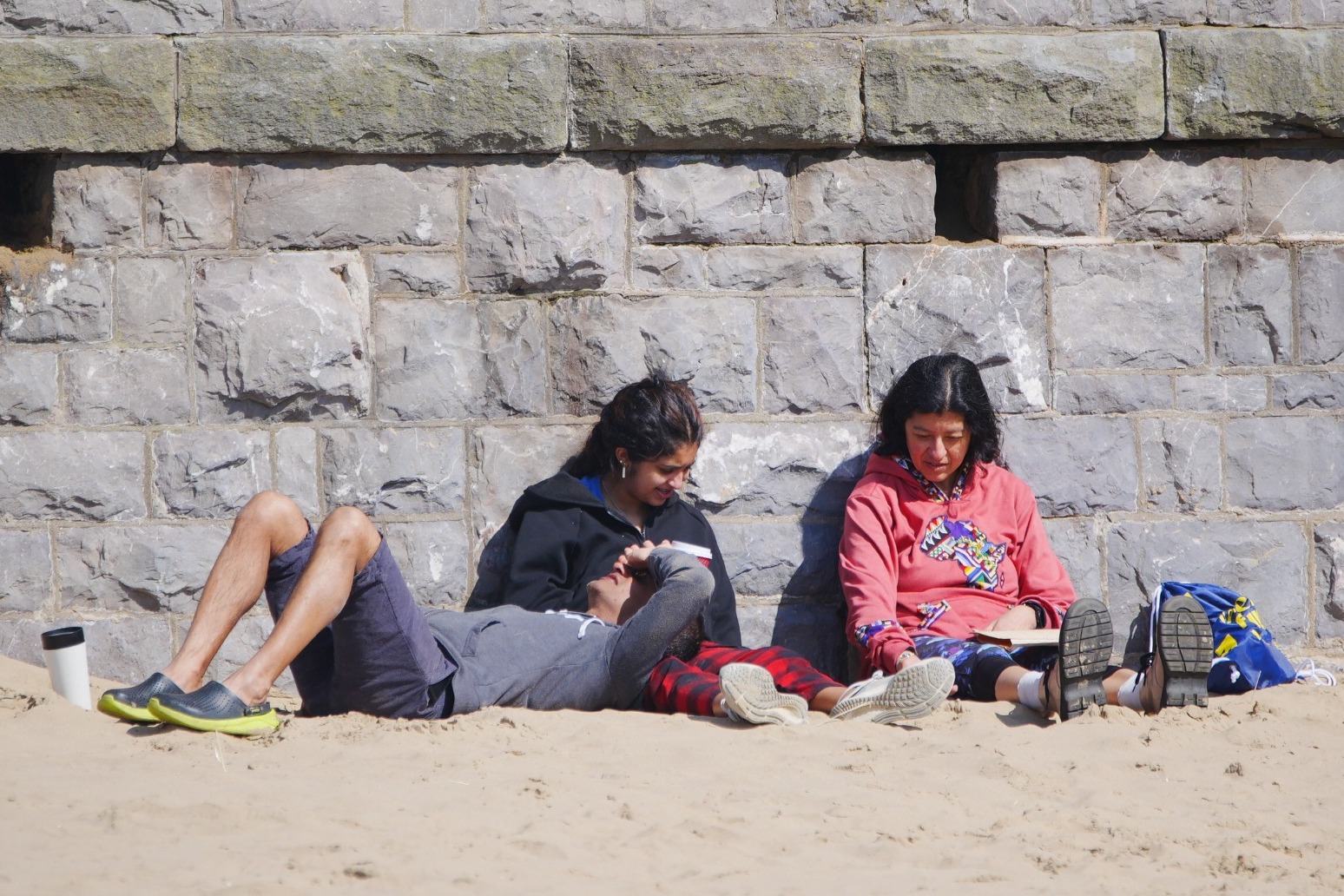
A cricketer, who claims an umpire at a county cricket match suggested she “stay at home to do the ironing”, has called the Independent Commission for Equity in Cricket (ICEC) report “shocking, but not surprising”.
Charlotte Dukes, from Bristol, a finance worker, said she felt “let down” by cricket and “broke down into tears” when she was 13 – playing for Gloucestershire County Cricket Club – following the umpire’s alleged comment, and said it was an experience that had “stuck” with her into adulthood.
“I play (cricket) – not at the same level – but I’ve not joined a club since,” the 26-year-old told the PA news agency.
Ms Dukes has played sport all her life but said the incident was “a pinnacle moment” that made her question why someone with “embedded prejudices” could officiate the game.
She said: “I was really upset and disappointed. I felt let down by the institution of cricket, which I absolutely loved as a sport.”
Ms Dukes addressed the issue with her coach at the time and believes that the umpire did not oversee another women’s cricket game following the incident.
The ICEC’s Holding Up A Mirror To Cricket report found that there was widespread discrimination in class, sex and race in English and Welsh cricket, which Ms Dukes said she experienced in her teens.
Ms Dukes, who went to a state school, said cricket felt like “a private school game” and claimed “there are definitely class issues” in the sport.
She said: “We had another girl who was actively called out for the way she spoke, she was called common because she didn’t speak like everyone else there.”
During her time playing county-level cricket, Ms Dukes also claimed there were “fairly alarming” comments made about players’ race and ethnicity.
“We did play against a lot of non-white people, but there was always an undertone – there were comments about them that if they were Indian or Pakistani they should be good at cricket,” she explained.
She said cricket had a “limited lifespan” if discrimination continued in the sport and believed it needed a “mass overhaul” to make it more accessible.
“There were some pretty rotten apples out there, and if they’re not being weeded out, and they’re not being correctly disciplined, and if you haven’t got a new generation of people coming in who are open-minded, excited for the game … the game probably has a limited lifespan,” she said.
“The difficulty is if the attitudes of the sport perpetuate not just in the game, in the officials, and in the cricket boards, if it also perpetuates to the fans, is that something that you can overhaul without changing the essence of the game?”
The sport continues to be elitist, with little to no focus given to addressing class barriers, the ICEC report said.
More than 4,000 people responded to the ICEC’s call for evidence when it was putting the report together, with one in two saying they had experienced discrimination within the game.
The report made 44 recommendations, including – as “an essential first step” – a call for the England and Wales Cricket Board to make an unqualified public apology recognising that racism, sexism, elitism and class-based discrimination still existed and recognise the impact of that upon victims.
ECB chairman Richard Thompson has apologised and pledged in a letter to ICEC chairwoman Cindy Butts: “We will use this moment to reset cricket.”
While Ms Dukes continued to enjoy cricket, calling it “an incredible game” and “one of the most intelligent sports”, she said it was “so important that people check themselves and that they’re able to check their own privilege”.
Published: by Radio NewsHub














